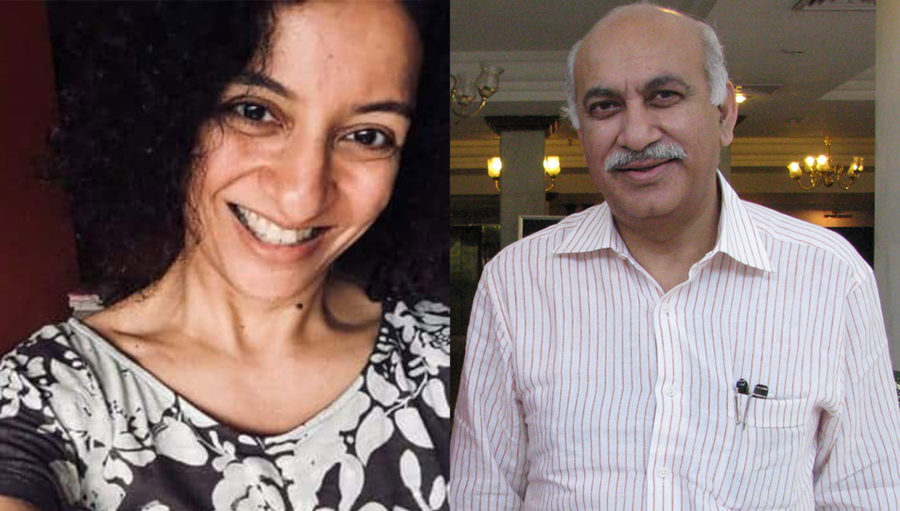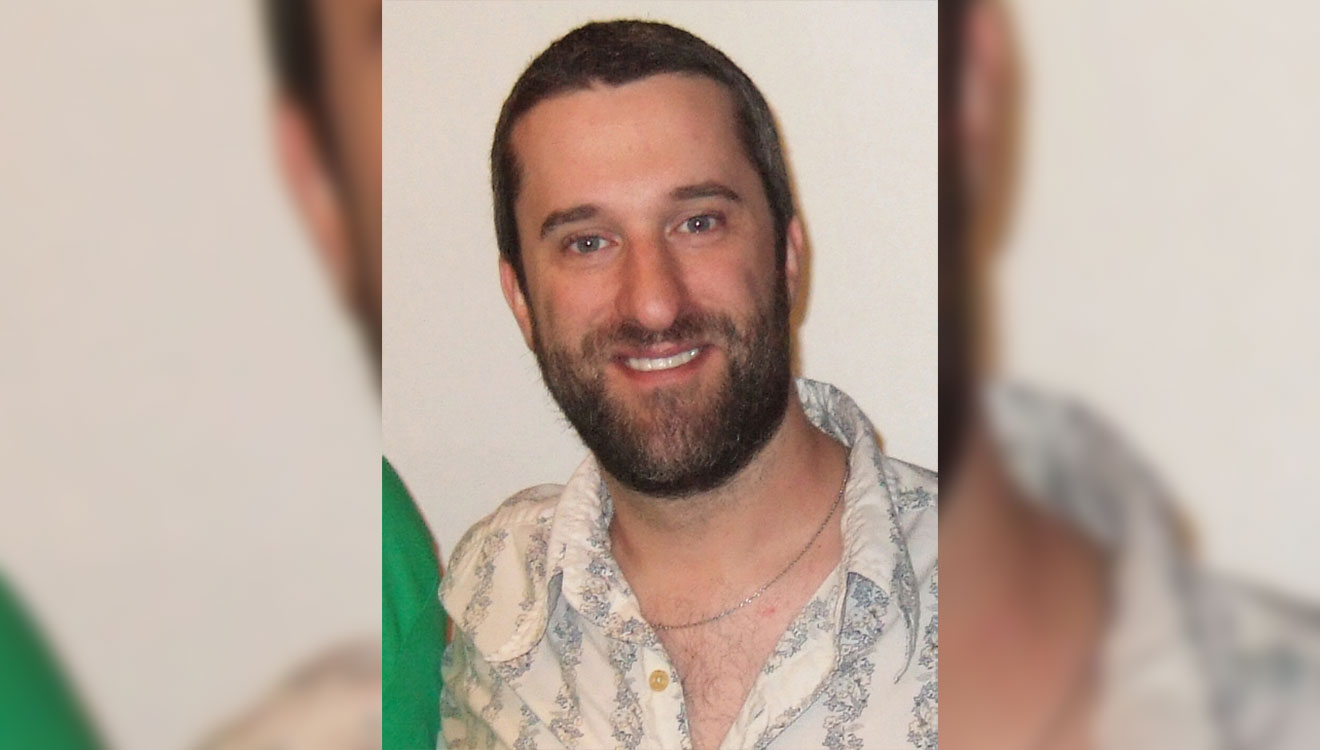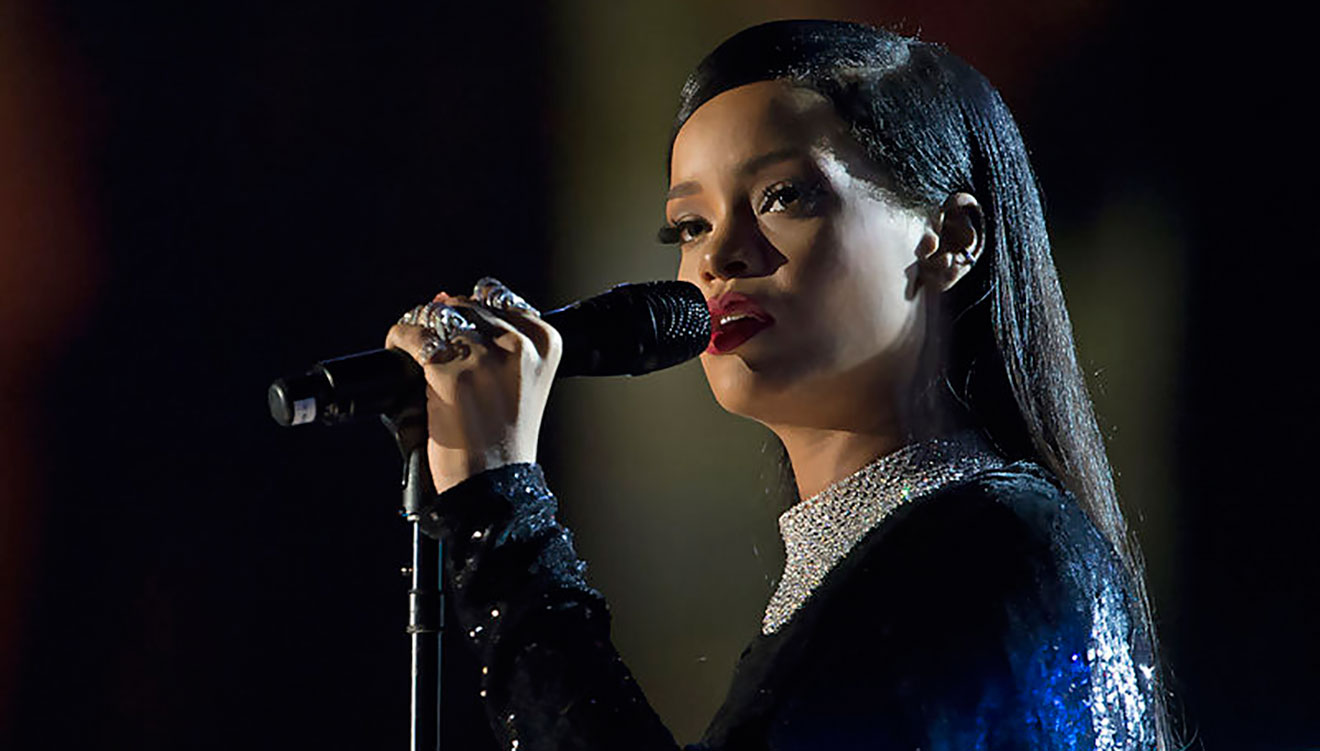The verdict in the defamation case filed by former Union Minister MJ Akbar against senior journalist Priya Ramani was deferred by a Delhi court on Wednesday to February 17, reported the Bar and Bench.
Ravindra Kumar Pandey, the Additional Chief Metropolitan Magistrate, said that since he received written submissions later than the assigned date, he will need more time to go through them.
During the hearing on February 1, Pandey said that the court had ordered both the parties to file their written submissions within four days of the order. While Ramani made her submissions on February 3, Akbar’s submissions were filed on February 6 and hence the submissions were taken on record on February 8.
The verdict will be pronounced on February 17.
The trial has been going on for over two years against Ramani, who broke her silence during the wake of #MeToo movement about an incident of sexual misconduct tracing back to 1993 when Akbar was a journalist.
What is the case?
In 2018, Akbar filed a defamation case against Ramani after she accused him of sexual misconduct in 1993.
In the wake of the #MeToo movement, Ramani had written an article for Vogue on October 12, 2017. The article, titled To the Harvey Weinsteins of the World, was addressed to “Dear Male Boss”. At that time, the identity of the ‘boss’ was kept anonymous.
In October 2018, Ramani named Akbar as the editor who had harassed her. She said that the incident occurred during an interview with Akbar at a hotel room in Mumbai in 1993. Ramani said that she had decided to name him publicly after a number of women came forward to accuse Akbar of sexual harassment.
Akbar soon resigned from the Union Council of Ministers and filed a criminal case of defamation against Ramani. Akbar has since been denying the charges, claiming that he doesn’t remember the incident.
Over the past two years, Ramani’s lawyer, senior advocate Rebecca John, has pointed out more than 15 women who have accused Akbar of sexually assaulting them and who came out in the same year during the #MeToo movement.
Arguments
After both sides made their final submissions, the court reserved its order for February 10 during the final hearing on February 1.
Recommended
Akbar filed the defamation case against Ramani on the grounds that her accusation was the first one that harmed his “impeccable reputation”. In defence, Ramani presented the testimony of Ghazala Wahab, who was the first one to accuse Akbar of sexual harassment. Wahab’s tweet on October 6, 2018 was posted two days before Ramani’s tweet, in which she narrated how she was sexually harassed while working as a reporter under Akbar at The Asian Age.
Claiming Ramani’s version as “a figment of imagination”, Akbar’s lawyer Geetha Luthra argued that Ramani’s allegations stand “unprovable after 30 years” as she had failed to produce any “contemporaneous evidence” of her visit to or presence in the hotel. John wondered why Luthra was unable to retrieve the hotel’s CCTV footage to prove Akbar’s innocence.
John also asked why the other women weren’t held accountable for their statements, while only Ramani was being accused of harming Akbar’s “stellar reputation”. She mentioned that Ramani was a “soft and vulnerable target” and that Akbar intended to harass.



